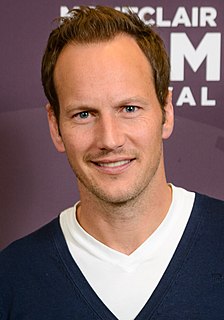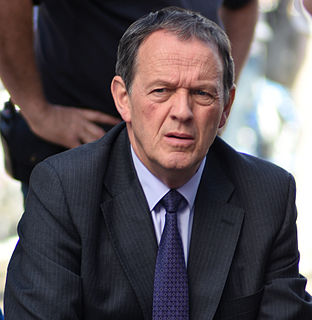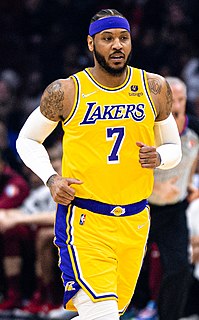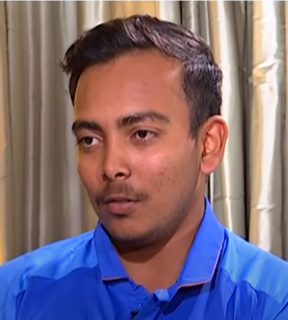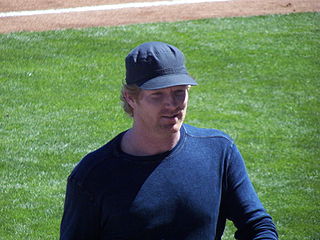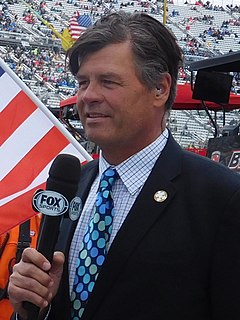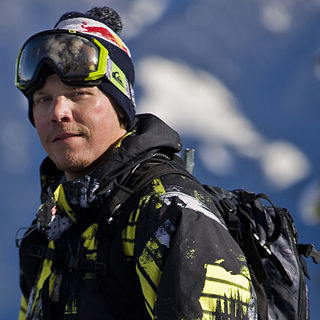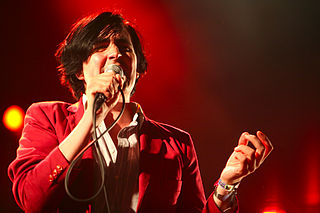A Quote by Henry Lloyd-Hughes
I wasn't particularly prolific at sport, and I could get by at school, but I wasn't going to win any prizes. Suddenly people were slapping me on the back and saying that I was funny and talented. So I just knew that it felt good to be appreciated, basically. Whenever I got an opportunity to do some acting I did a little bit more.
Related Quotes
I knew I wanted to go to college and I wanted to study it acting, so I just looked for the best school that I could get into. Luckily, I had very supportive parents. I went to a conservatory that is basically drama school. You take one English class and one history class for four years but you don't take any other science or anything like that. It's strictly, from 7am until night, all acting. It's a lot. Some people find it too much, but for me I was preparing for a career and I never really looked back.
We had some pretty good at-bats off Carpenter. We just couldn't find any holes. That's the way it goes sometimes. We were able to get some guys on but weren't able to get them in early. We did some little things right, we got some guys on, we got some walks. We take it one batter at a time and everybody tries to stay within their own limitations. We did that, we just didn't get the big hit to get them in.
I did this campaign that was called "Back to the Basics" where I went back to the street, went back to my block, and really felt the people. We've got to go back to that sometimes. We distance ourselves from that and we see it from afar. Some people can't relate back to that; once you're out of it, they don't want to relate back to that. It's always good to get back to the basics, though. You've got to touch the roots, you've got to touch those people. Regardless of what's going on, people always respect that.
I knew Richard E. Grant, and I went to him and said "Would you like to [play Kafka in the film]?" and he said yeah, and then suddenly I had all these people who were happy to come along. We got a little bit of money from Scottish Screen to pay for it. I got so many favors because I knew people in the business. I was in a remarkably good position. I got so many favors from people. I got the Monty Python technical people.
I know there were periods of times where I didn't feel understood, and there were very few people around me that I felt like they really got me. There was one person who was sort of the one in my life that really got me.In general, I felt a little bit on the outside and not totally included. There was a period of time when we were moving around a lot. So I couldn't really hold on to a certain set of friends. And so that was a little bit difficult.
I knew Shin [Biyajima] a little bit early on, but it's funny because where I really met Shin, and where he made a strong impression on me, was in Jackson Hole. I sledded back to a secret zone way deep in the Jackson backcountry to some freeriding. I got out there and followed some snowmobile tracks figuring it's just some snowmobilers.
I'm seeing myself as an outsider a little bit - definitely when I started the band. I knew what band's name meant and nobody else really did, so I'd be on stage every night and say, "Hello, we're Art Brut" - basically saying that we were rejects. But I mean, I didn't really sing, it did feel a bit like we were outsiders. It was a bit tongue-in-cheek when I first named the band that, but then we slowly turned into that - like a self-fulfilling prophecy.

